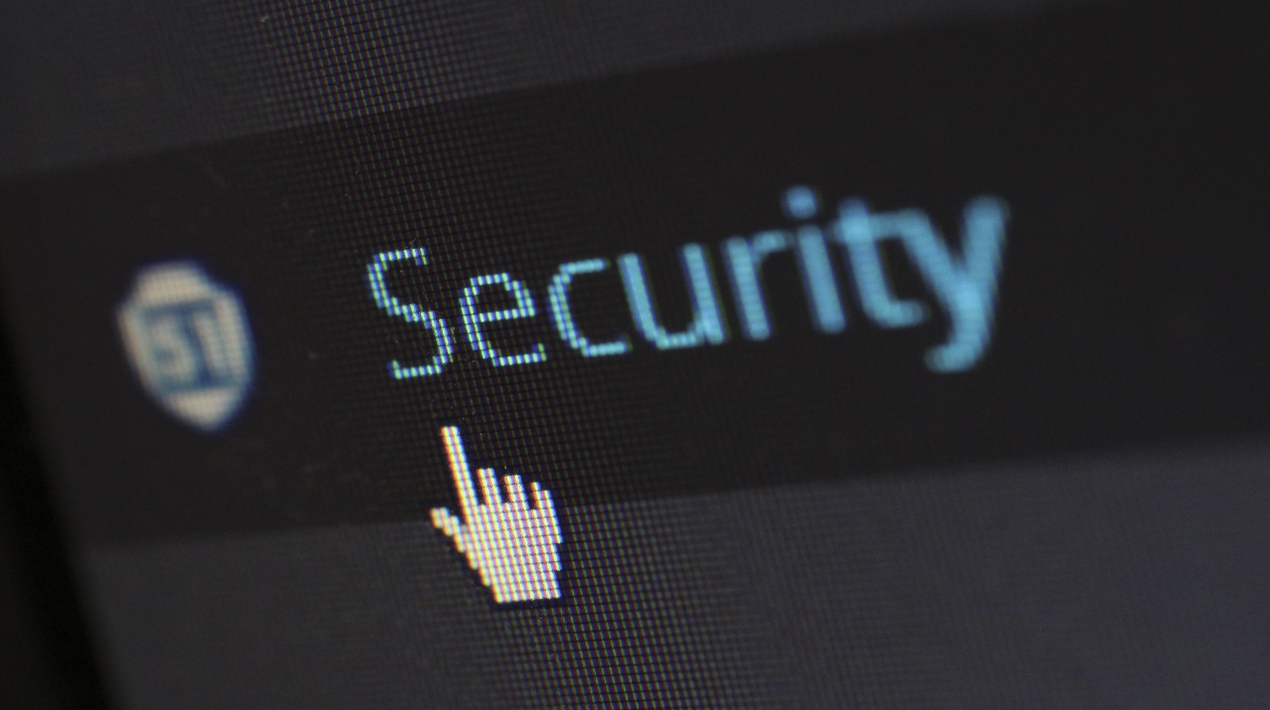
The Department of Telecommunications (DoT) and the International Telecommunication Union (ITU) recently launched the India-ITU Joint Cyberdrill 2021. The cyber drill is intended for Indian entities, especially critical network infrastructure operators. It is a four-day virtual event for several high-level speakers, panellists, and experts from ITU, the United Nations Office on Drugs and Crime (UNODC), INTERPOL, the National Security Council Secretariat (NSCS) and the Indian Computer Emergency Response Team (CERT-In).
ITU, an agency under the United Nations, annually conducts cyber drills worldwide where cyberattacks, phishing, and other information security breaches are simulated to test organisational capabilities to thwart or minimise the impact. According to a news report by The Economic Times, the drill aims to spread awareness among various public sector departments and agencies so that their strategies and procedures can be validated for response mechanisms, prevention recovery and business continuity.
During the first half of this year, more than 600,000 cyber-attacks were reported in India that included nearly 12,000 incidents in government organisations, as per data from CERT-In, which tracks and monitors cyber security incidents in the country. Last year, around 1.1 million cybersecurity incidents were reported.
Speaking at the inaugural event, the Special Secretary of DoT emphasised the need for safe and secure cyberspace given the large networks in India. Cybersecurity is a collective responsibility, and it calls upon all stakeholders – government, the cybersecurity community, and businesses – to participate in building a resilient cyber environment, she added. Panellists and experts from organisations, industries, and agencies made presentations on best practices and highlighted the policy initiatives of cybersecurity in India as well as across the globe. More than 400 participants attended from critical sectors, including power, insurance, finance, industry, academia, telecommunications and field units of DoT.
In October, the ASEAN-India Track 1.5 Dialogue on Cyber Issues was held to enhance cooperation on cybersecurity and narrow the digital gap. Speaking at the event, the Secretary of the Indian Ministry of External Affairs Riva pointed out that ASEAN has been proactive in the region’s efforts to tackle cybersecurity challenges and has undertaken various cyber confidence-building measures.
OpenGov Asia reported that she affirmed ASEAN’s emphasis on cybersecurity and cyber connectivity following international laws that resonate deeply with India’s approach towards cyberspace. The country has been working domestically to address cybersecurity challenges by developing platforms to secure the country’s cyberspace as well as by adopting comprehensive policies like the New National Cyber Security Policy.
Cybercrime often has a transnational dimension and there is a crucial need for international cooperation to exchange experiences and share best practices for the protection of information infrastructures. Equitable access to cyberspace and its benefits is another important area that India-ASEAN engagement on cyber issues discussed. The government has stated that India is committed to bilateral and international cooperation on cybersecurity and is dedicated to an open, secure, free, accessible, and stable cyberspace environment. With technology initiatives such as IndiaStack, Aadhar, and the United Payments Interface (UPI), the country has successfully leveraged the tremendous potential of cyber technologies in implementing Sustainable Development Goals (SDG) agenda and improving governance.
















